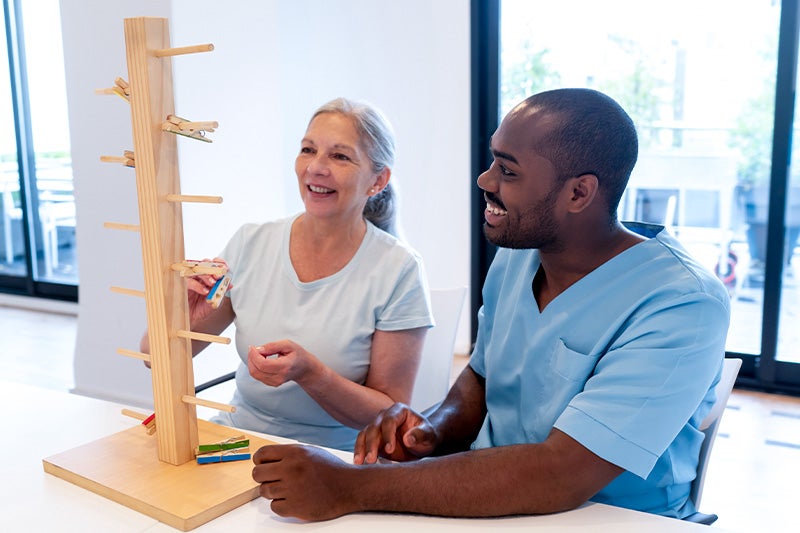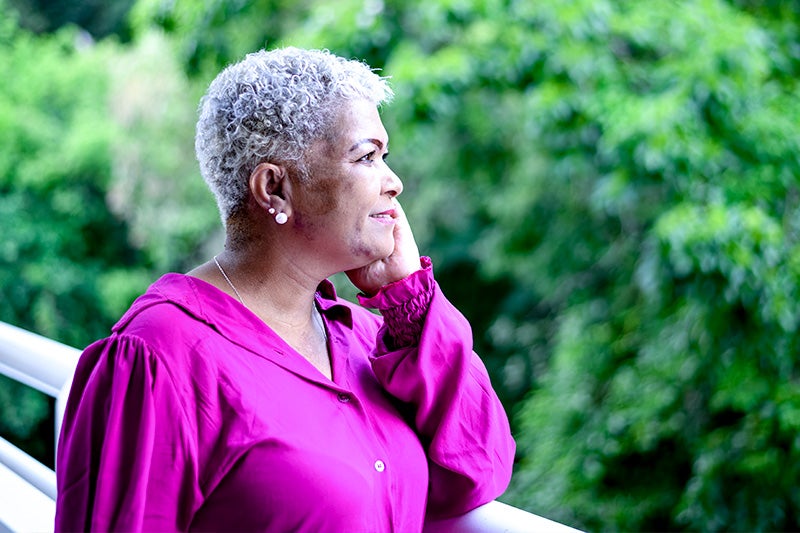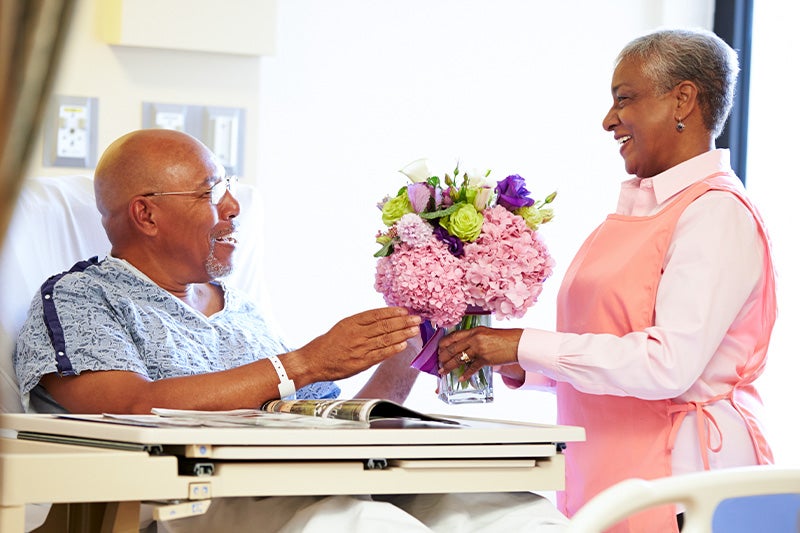Understanding Dementia: Signs, Symptoms, and How to Support a Loved One
September 8, 2025When someone you love starts to forget names, misplace items, or repeat stories, it’s easy to wonder if this is normal aging or something more. Dementia is a progressive condition that affects memory, behavior, and thinking, and it can deeply impact families and relationships. But understanding what to look for and where to turn for help can make all the difference.
At St. Mary’s, we walk alongside families navigating dementia, offering compassionate care, expert providers, and resources to support you every step of the way.

What Is Dementia?
Dementia isn’t a single disease. It’s a broad term that refers to a decline in cognitive function severe enough to interfere with daily life. Alzheimer’s disease is the most common form, but there are others, including:
- Vascular dementia (often following a stroke)
- Lewy body dementia (which can cause movement and mood changes)
- Frontotemporal dementia (often showing personality or behavior changes first)
Each type presents differently, but all involve gradual changes in the brain that affect how a person thinks, remembers, and interacts with others.
Early Warning Signs of Dementia
It can be challenging to distinguish between forgetfulness and something more serious. But here are some common early signs that may point to dementia:
- Forgetting recently learned information or repeating questions
- Difficulty completing familiar tasks (like cooking or using the phone)
- Getting lost in familiar places or becoming disoriented
- Struggling with words, finding the right word, or following a conversation
- Poor judgment, such as giving away money or neglecting hygiene
- Withdrawing from social activities or becoming unusually irritable
- Personality changes, such as increased confusion, suspicion, or anxiety
If you or a loved one is experiencing several of these signs, especially if they’re getting worse, it’s time to talk to a provider. Early diagnosis can open doors to treatment, planning, and support.


What to Expect After a Dementia Diagnosis
A dementia diagnosis is life-changing, but it doesn’t mean hope is lost. While there’s no cure, there are ways to slow progression, treat symptoms, and maintain a high quality of life.
Providers may recommend:
- Medication to help with memory or mood
- Occupational therapy to support independence
- Lifestyle changes like diet, movement, and structured routines
- Mental stimulation and social engagement
Equally important is creating a care plan early, while your loved one can still share their preferences. Planning gives everyone more peace of mind.
How to Support a Loved One with Dementia
Caring for someone with dementia takes patience, creativity, and love. Here are a few ways to help:
- Create a safe environment: Reduce fall risks, label rooms, and install reminders.
- Use simple language: Short, calm sentences can ease communication.
- Establish routines: Familiar schedules help reduce confusion.
- Validate emotions: Even if the memory is wrong, the feeling is real.
- Take care of yourself: Caregiver burnout is real. You need support, too.
Know that you are not alone. Dementia care is a team effort, and we’re here for you.

Gentle Help for a Difficult Journey
Dementia touches every part of life, but you don’t have to navigate it alone. Whether you need a diagnosis, a support group, specialized residential care, or long-term care guidance, our team is here with open hearts and expert care.



